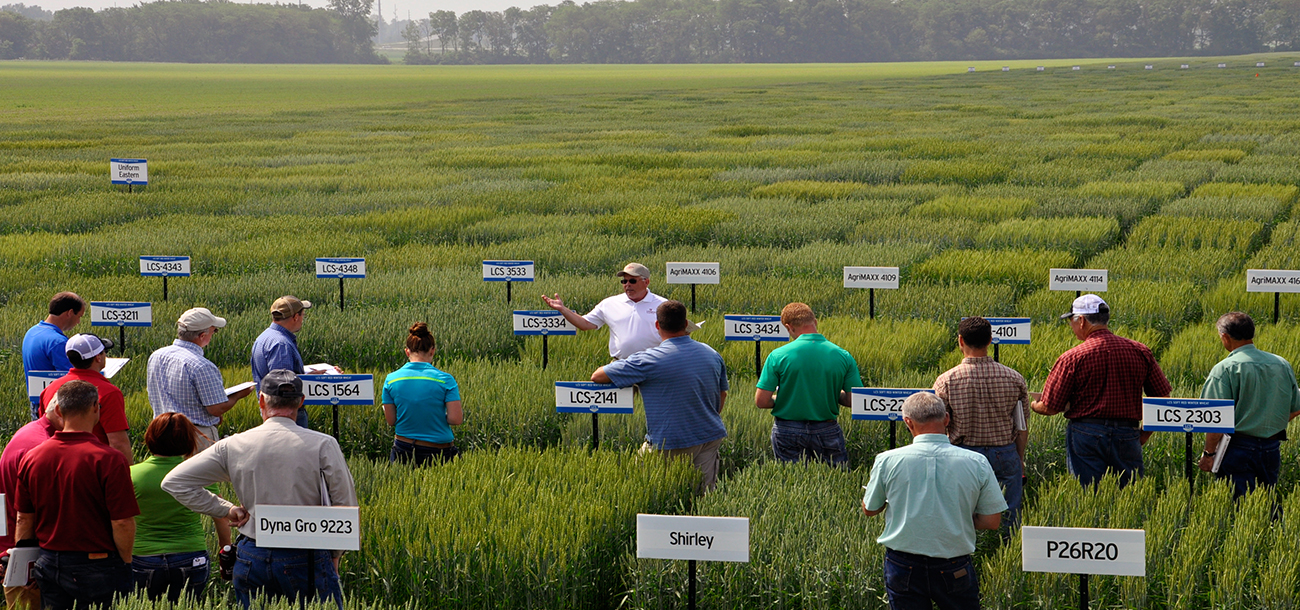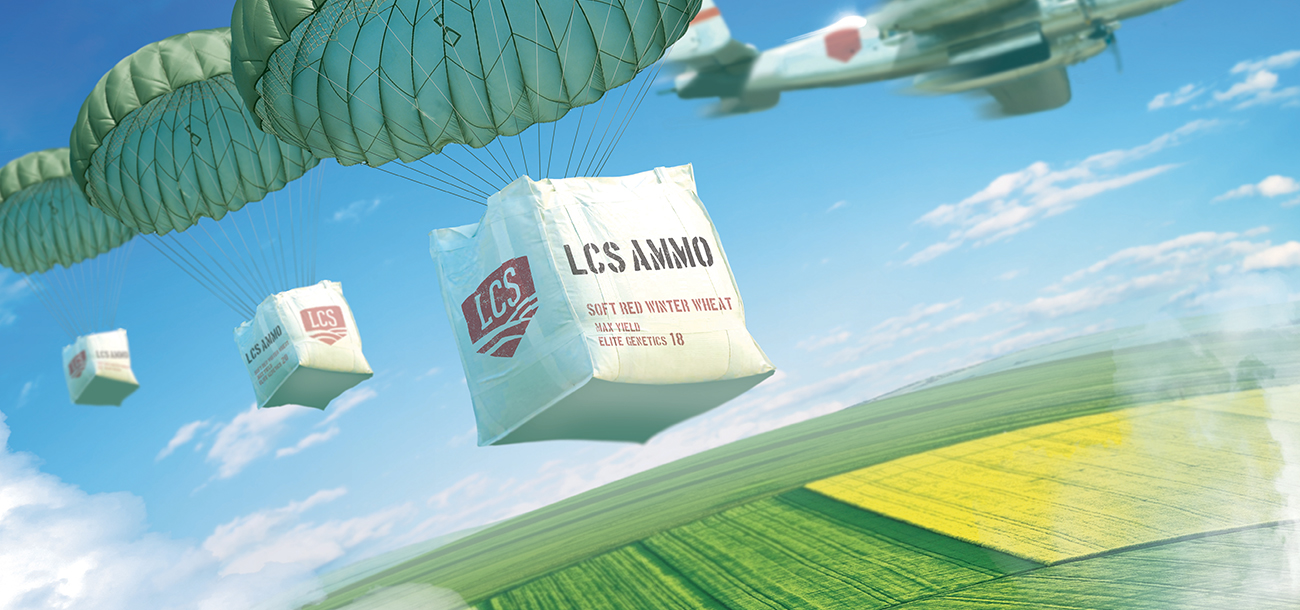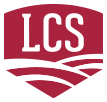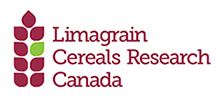Superior wheat and barley for every acre
Limagrain Cereal Seeds (LCS) wheat and malting barley varieties are bred for superior performance across the widely diverse eastern United States. Key areas where LCS varieties are grown today include the Upper Midwest, Lower Midwest, Atlantic and Midsouth regions, serving growers in more than 20 states.
Find your local seed dealer and reserve your premium seed today.
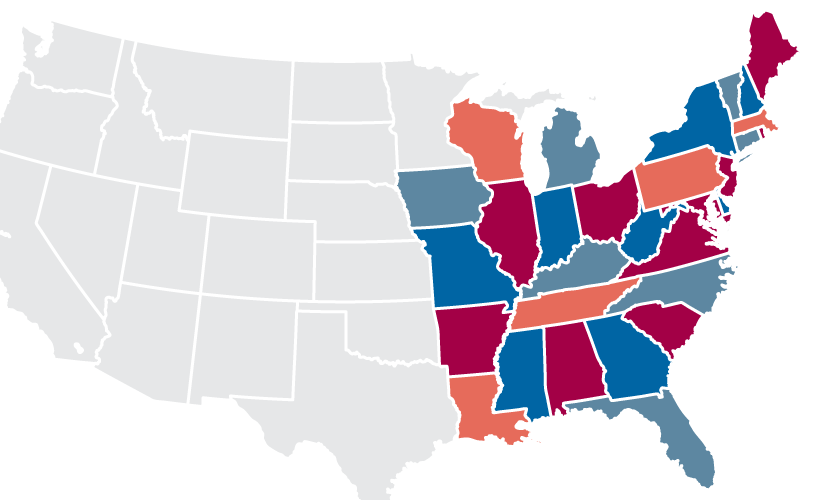
Soft Red Winter Wheat
Soft red winter wheat (SRWW) is the third-largest class of wheat grown in the United States and the predominant market class grown in the Midwest and East. Six million acres are planted yearly on average, producing 300 million bushels. SRWW’s low to medium levels of protein and soft endosperm make it suitable for use in cake flour, pastry flour and all-purpose whole wheat flour.
Driven by Innovation
The LCS Midwest and East program is based in Lafayette, Indiana under Senior Wheat Breeder Dr. Don Obert. LCS programs produce thousands of new crosses annually, a proportion of which are bred exclusively for the Midwest and East. The most promising new crosses are quickly cycled through our doubled haploid program. Proprietary germplasm is field tested in nurseries across the region. Additional technologies, such as marker assisted selection (MAS), are used to produce varieties with specific traits that provide beneficial resistance to various pests and pathogens, as well as excellent end-use characteristics.
Proven Midwest and East Varieties
At LCS, we stand behind the fact that all our Midwest and East varieties have been extensively studied and field tested for consistency and performance across a wide range of environments and conditions long before they ever make their way to the farmer.
Learn More
To learn more about our elite Midwest and East varieties, click on the variety name organized by market class on the top right of this page or contact Sales Managers Ken McClintock or Gary Moore.
To obtain the most accurate technical data possible, ratings and scores are comprised of all available LCS and public research data. The results presented on this website may not be an indicator of results you may obtain in your individual location, as local growing conditions — including soil type and weather — may vary. All growers are advised to evaluate data from multiple locations and years whenever possible. Links to current university data are available on our Performance Data page.


